
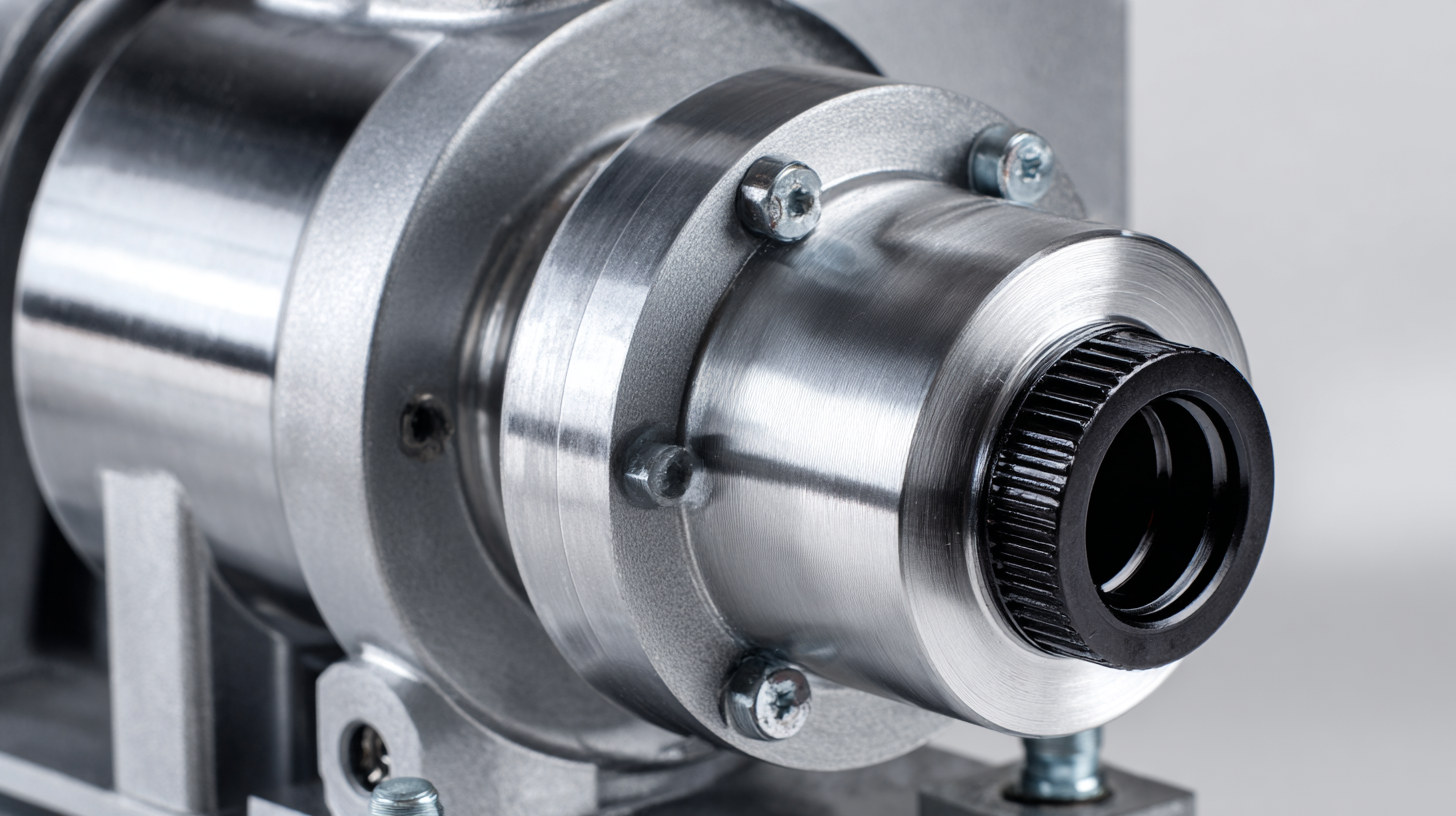 Choosing the right supplier for your water pump needs is critical in today's competitive market, where efficiency and reliability are paramount. According to a recent report by the Global Water Pump Market, the demand for water pumps is anticipated to grow at a compound annual growth rate (CAGR) of 4.3% from 2021 to 2026, driven largely by industrial expansion and infrastructure development. Selecting a reputable supplier water pump not only ensures access to high-quality products but also significantly influences the performance and longevity of your pumping systems. With numerous suppliers available, understanding the qualities that distinguish the best in the industry—such as technical expertise, customer support, and compliance with regulatory standards—can empower businesses to make informed decisions that align with their operational goals and budget constraints.
Choosing the right supplier for your water pump needs is critical in today's competitive market, where efficiency and reliability are paramount. According to a recent report by the Global Water Pump Market, the demand for water pumps is anticipated to grow at a compound annual growth rate (CAGR) of 4.3% from 2021 to 2026, driven largely by industrial expansion and infrastructure development. Selecting a reputable supplier water pump not only ensures access to high-quality products but also significantly influences the performance and longevity of your pumping systems. With numerous suppliers available, understanding the qualities that distinguish the best in the industry—such as technical expertise, customer support, and compliance with regulatory standards—can empower businesses to make informed decisions that align with their operational goals and budget constraints.
When selecting a supplier for your water pump needs, it's crucial to identify key factors that align with your requirements. According to a report by Global Market Insights, the water pump market is projected to exceed $60 billion by 2027, driven by increasing demand in sectors such as agriculture, manufacturing, and water treatment. This growth underscores the importance of choosing a supplier with a proven track record in your specific industry to ensure the reliability and efficiency of your water pumps.
One vital consideration is the supplier's experience and specialization. A supplier that specializes in specific types of pumps—be it centrifugal, positive displacement, or submersible pumps—can provide tailored solutions that meet your operational needs. Additionally, look for data on their product performance and warranty offerings. A study published by the American Society of Civil Engineers reveals that selecting the right water pump can enhance system efficiency by up to 30%. This illustrates that the right partner not only provides appropriate products but also contributes to the overall effectiveness of your water management strategy.
| Factor | Description | Importance Level | Notes |
|---|---|---|---|
| Pump Type | Determine the type of pump required (e.g., centrifugal, submersible). | High | Different applications require specific types of pumps. |
| Flow Rate | Assess the required flow rate (GPM or LPM). | High | Critical for ensuring adequate water supply. |
| Head Pressure | Identify the necessary head pressure to overcome elevation. | High | Inadequate head pressure can lead to pump failure. |
| Efficiency | Look for suppliers who provide efficient pump models. | Medium | Higher efficiency reduces operational costs. |
| Material Quality | Evaluate the materials used to ensure durability. | High | Corrosion resistance is essential for longevity. |
| Supplier Reputation | Research the supplier's history and reviews. | High | A reputable supplier is crucial for reliable service. |
| Warranty and Support | Examine the warranty and customer service offered. | Medium | Good support can save time and money in the long run. |
When choosing a supplier for your water pump needs, evaluating their credentials and experience in the industry is critical. Higher industry recognition often correlates with reliable products and services. For instance, companies that have attained recognized certifications demonstrate a commitment to quality and adherence to industry standards. This is particularly important in sectors where expertise directly impacts performance and safety, such as in water management systems.
Moreover, relevant experience stands out as a decisive factor. Recent research indicates that recruiters prioritize experience over formal education when assessing applicants. This principle holds true for suppliers as well; those with a proven track record in the water pump market are more likely to provide effective solutions. A supplier’s history of managing various projects, understanding customer needs, and adapting to technological advancements can significantly influence the reliability of their offerings. Therefore, in the process of supplier evaluation, ensure to investigate their past performance and professional accolades to make an informed decision.
When selecting a supplier for your water pump needs, understanding their pricing models and overall value proposition is critical. According to a recent report by the Water Pumps Market Research Group, the global water pump market is projected to grow by 4.5% annually, highlighting the urgency for businesses to make informed choices. It's not just about finding the lowest price; the supplier's ability to provide quality, reliability, and after-sales support can significantly impact your long-term costs.
Tips: Always request detailed quotations that outline the costs included—installation, maintenance, and any warranties offered. Comparing these across suppliers gives clarity on which options deliver true value. Moreover, consider suppliers with tiered pricing models; they often cater to different budget levels while maintaining performance benchmarks.
Additionally, evaluate the supplier's commitment to sustainability and innovation. The International Association for Water Quality states that suppliers who invest in energy-efficient technologies can help you reduce operational costs by up to 30%. This not only enhances your bottom line but also contributes positively to environmental stewardship, a key consideration for many modern businesses.
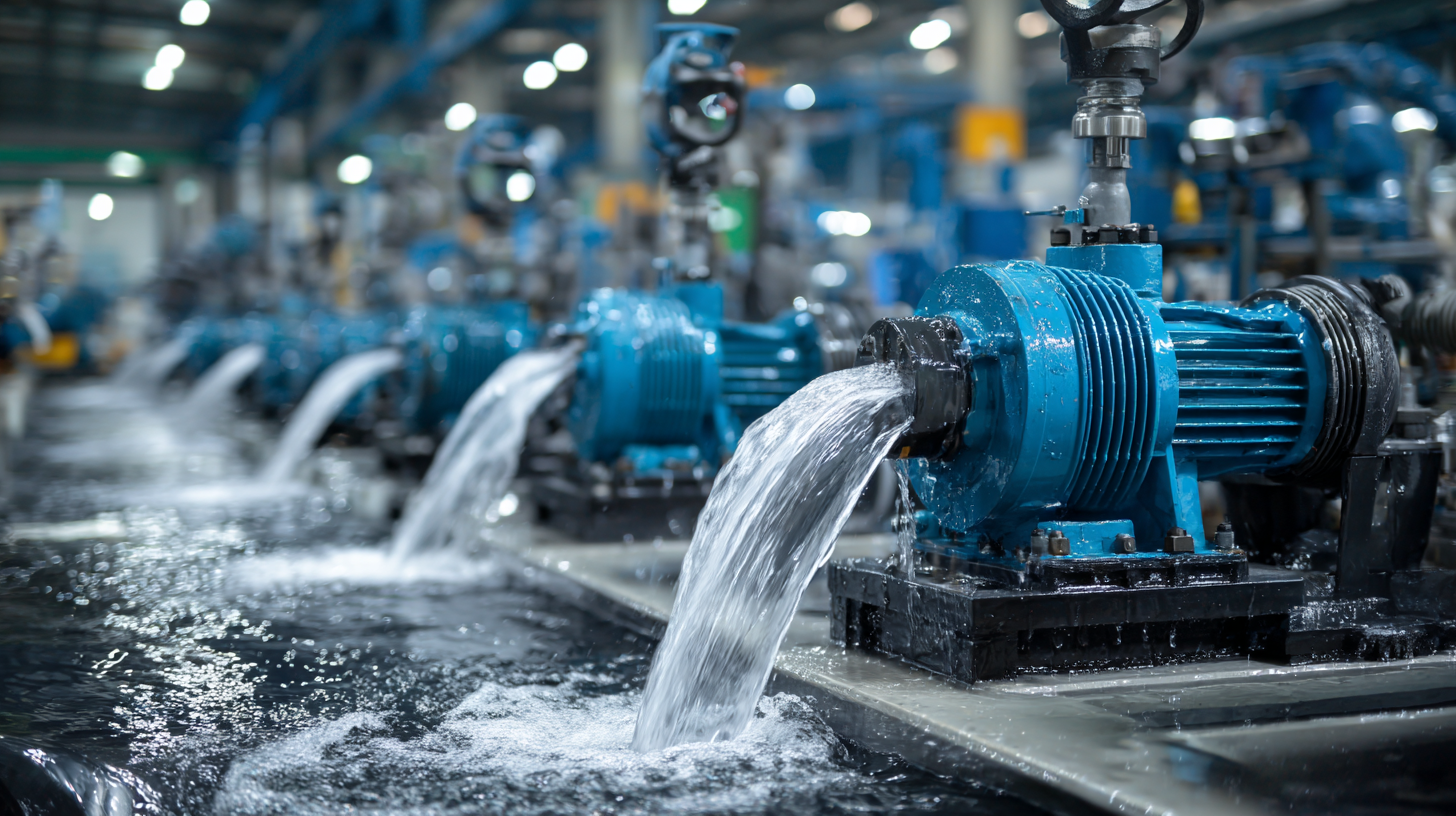
When selecting a supplier for water pumps, after-sales support and maintenance services are critical factors that can significantly influence the long-term performance of your equipment. A reliable supplier should offer comprehensive support, including timely installation assistance, user training, and readily available customer service. This ensures that your staff can operate the pumps efficiently and troubleshoot any initial issues effectively.
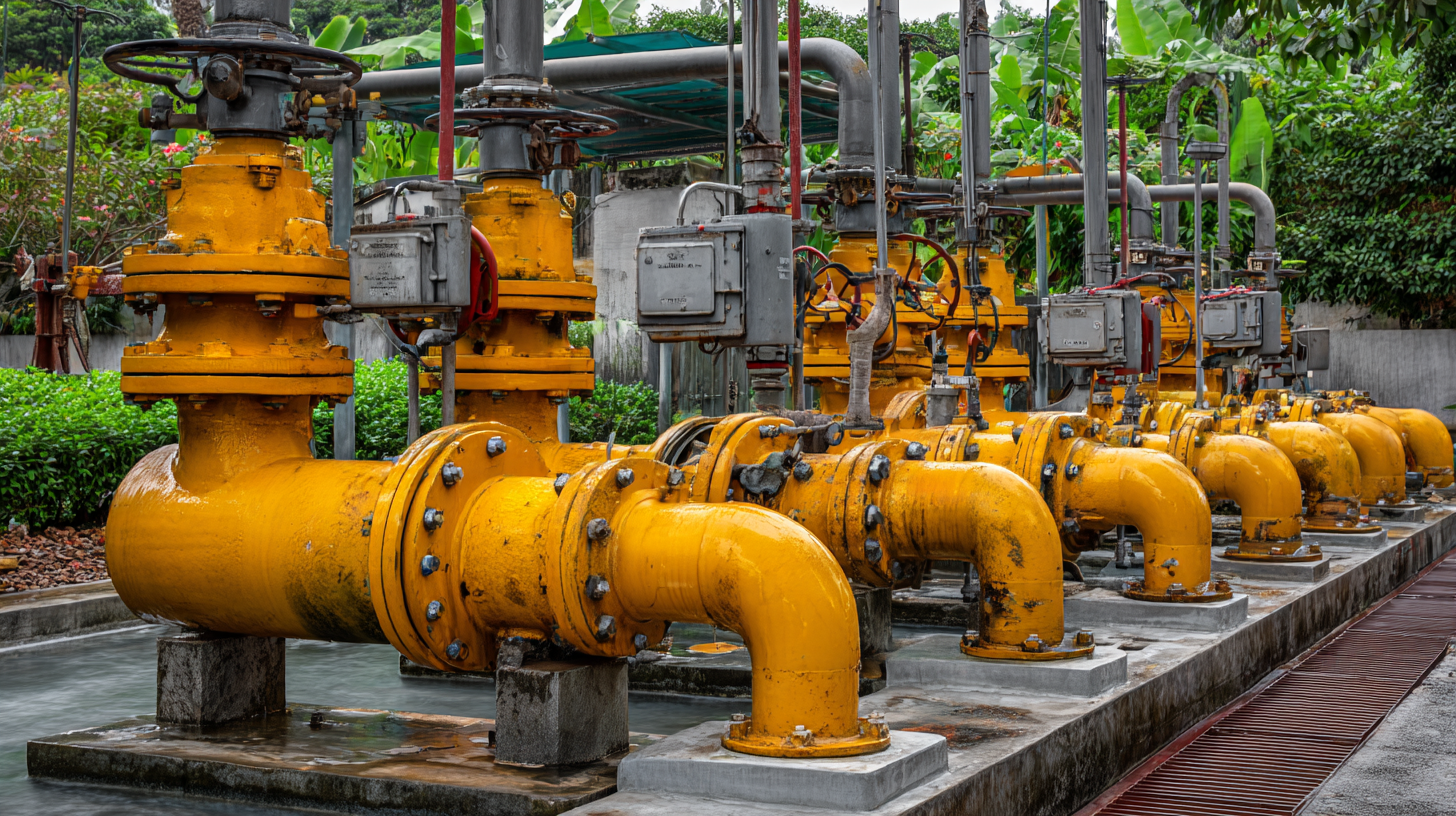
Additionally, the quality of maintenance services can greatly extend the lifespan of your water pumps. It is essential to inquire about the supplier’s maintenance packages, response times for service calls, and the qualifications of their technicians. A good supplier will provide proactive maintenance plans that include regular check-ups and timely repairs, helping to prevent costly downtimes and operational disruptions.
Consider suppliers that prioritize robust after-sales support and demonstrate a commitment to customer satisfaction, as this can be a decisive factor in choosing the right partner for your water pumping needs.
When selecting a supplier for your water pump needs, understanding
warranty terms and product lifespan considerations is crucial.
According to a recent industry report by the Market Research Future Group, the average lifespan of a reliable
water pump is approximately 10 to 15 years, depending on usage and maintenance
practices. Therefore, choosing a supplier that offers comprehensive warranty terms is essential. Warranty coverage
can vary significantly; some suppliers offer warranties lasting up to five years, while others may
provide minimal coverage. Research indicates that suppliers with longer warranty periods often reflect
higher confidence in their product quality, and this can be a reliable
indicator of overall reliability.
Moreover, beyond warranty terms, it is important to evaluate the total cost of ownership,
which often includes maintenance and operational costs over the lifespan of the pump. The U.S. Department of Energy
states that improper installation and lack of regular maintenance can cut a pump's effective lifespan by as much
as 50%. Therefore, working with suppliers that not only provide robust
warranty terms but also expert installation and maintenance advice can significantly impact the longevity and
performance of your water pump. Ensuring these factors align with your needs can lead to more informed purchasing
decisions and long-term satisfaction.
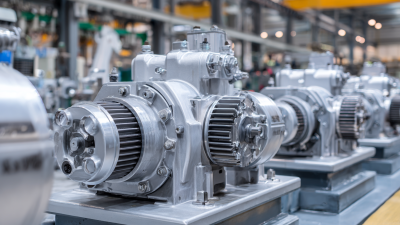
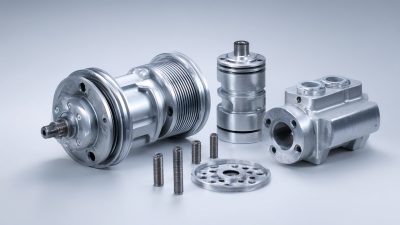
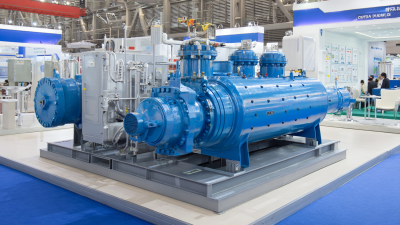

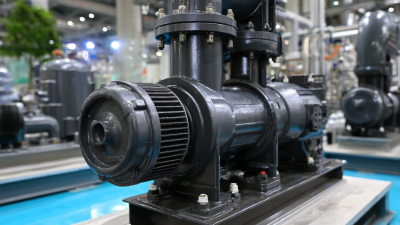
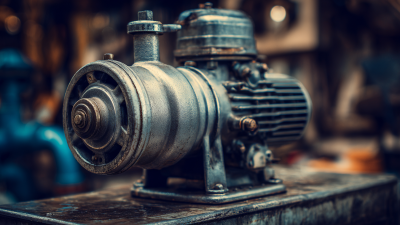
We are here to help you with all your queries and concerns, just write to us using the below form and we will get back to you as soon as we can.